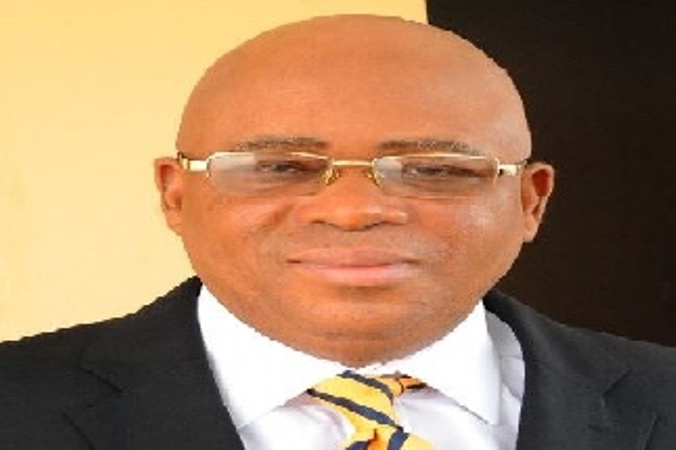FG Sets 24, 000 Daily Passports Target For NIS
Federal government has set a new target for the Nigeria Immigration Service, (NIS), to produce 24, 000 passports daily in order to meet demand for the document and ease the process for applicants.
Minister of Interior Dr. Olubunmi Tunji-Ojo, said the target is part of ongoing reforms in the agency and that 97, 000 passports backlog have so far been cleared by the service out of the initial backlog of 200, 000.
He made this known while hosting a delegation from the United Nations Office on Drugs and Crime, (UNODC), weekend in Abuja.
Discussing the need to give hope to inmates across custodial centers in the country, the minister said skills acquisition and reorientation of mindsets of the prisoners will ensure a successful reformation process that will help them reintegrate into the society after serving their terms.
According to a communique by the Deputy Director, Press and Public Relations of the ministry, Afonja Ajibola, the minister appealed for partnership with the UN agency on provision of skills acquisition to Nigerian correctional facility inmates.
Dr. Tunji-Ojo, said “Correctional facilities should be centers of reformation of inmates, as indicated by the nomenclature of the facilities. Custodial facilities should not be seen as condemnation centres.”
He urged the UNODC team to always collaborate with the ministry by engaging it for any interventions across the services of the ministry in order to avoid duplications, which often breeds corruption.
Dr Tunji-Ojo allayed any fear by UNODC functionaries in Nigeria of their intervention being politicised.
He said that as long as he remains the minister in the federal ministry of Interior, their intervention would surely be implemented with the objectives of the projects because the President, Bola Tinubu, is interested in the country’s development, therefore there would be no room for duplication of responsibility by the agencies and the ministry.
He pleaded for expansion of the collaboration to cover the six geopolitical zones in the the country stating that and inter-sectoral collaboration with the ministries of Justice, Legal Aid Council, the Judiciary and state governments will be put in place for true federalism in the approach with the aim of realising the ‘Renewed Hope’ agenda of the President.
Earlier, UNODC team leader and Country Representative, Mr. Oliver Stolpe, said they were in the ministry to explore more areas of collaboration. He equally enumerated areas the body had previously intervened.





